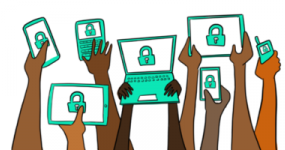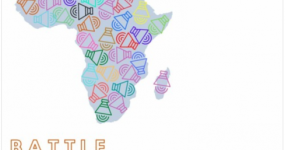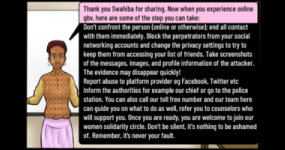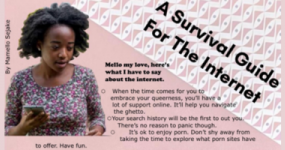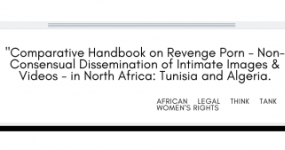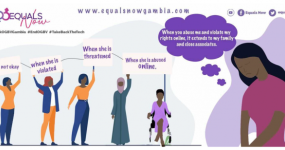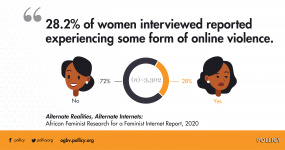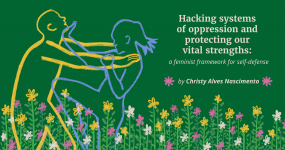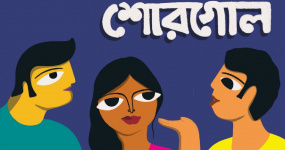Image from Safe Sisters website. My project is highly motivated by what I learnt at the Making a Feminist Internet convening in 2019, amongst other things. I learned about the Feminist Principles of Internet in depth and I thought that women’s rights advocates could benefit even more if the work was translated into 3 major languages. This project was very personal to me…
Image via Sound The Call: Battle Cry Sound the call and this time, it’s a Battle Cry! In this voice note series, we share stories of gender-based resistance throughout the continent. In this ten-episode series, our voices will highlight stories of pain, healing, injustice, and our determination to change a system created to oppress us based on our gender and sexual identity.This is the…
Image from Tunapanda Kibera comic strip. The community of Kibera in Nairobi is one of the largest urban informal settlements and is estimated to have a population of over 1 million. This community, like many across the continent, faced higher rates of gender-based violence (GBV) due to COVID-19. At the heart of this crisis is women, especially those in lockdown with abusive partners…
Image via Zine-ing a Feminist Internet The zine-making collective ‘No Sweetness Here’ was formalised through the AWC-TBTT grant process. The collective consists of Youlendree Appasamy and Wairimu Muriithi. Wairimu, a feminist reader, writer, editor and curator of cool things whose areas of research and writing include crime and criminality, queer cultural production, freedom of expression…
Sodfa Daaji is a Tunisian-Italian feminist-abolitionist engaged in Europe and Africa. She advocates for women’s rights, and her activism focuses particularly on how culture, tradition and religion affect the achievement of women’s rights. She is also the founder and executive director of the African Legal Think Tank on Women’s Rights (ALTOWR) and the project lead for the Handbook. ALTOWR is…
Graphic by Ousainou Jonga, copyright Equals Now.This is the first organisation in The Gambia to implement a project focused on online gender-based violence (OGBV) and start a national conversation about it. OGBV, particularly in The Gambia, targets feminists and activists who use online advocacy to work toward a better country for women. Having found that this important aspect of gender-based…
Image via Pollicy’s artworks Research is an important tool which can be used to engage and empower people, but if it is difficult to understand or inaccessible, it can be seen as daunting by the people it should be helping and reaching. Pollicy aimed to break down this barrier and utilise more creative ways of sharing the data that they collect from their research. Neema Iyer is…
Image via Hacking systems of oppression and protecting our vital strengths: A feminist framework for self-defence by Anirban Ghosh (illustrator, designer).Self-defence and body-awareness training found me. Due to my own experiences of sexual assault, it bothered me that the majority of self-defence classes in South Africa – mostly aimed at women – were reduced to sequences of (sometimes…
It was as a martial arts practitioner that I first learnt the dark irony of violence. It very rarely looks like an anonymous attacker or a dark alleyway. It also doesn’t go around seeking a randomised, weak and vulnerable-looking target either. Rather, it shows up as an exercise of power by a mentor we respect, or by an intimate partner we love. It shows up in our schools, gym classes and news…
Shorgol presents brief stories regarding experiences and conversations around sexual agency and rights and the digital space. The illustrated stories are based on case studies, research and in-depth discussions with university-aged youth in the community. This graphic story is the result of research by an All Women Count - Take Back the Tech! grantee in 2020.

